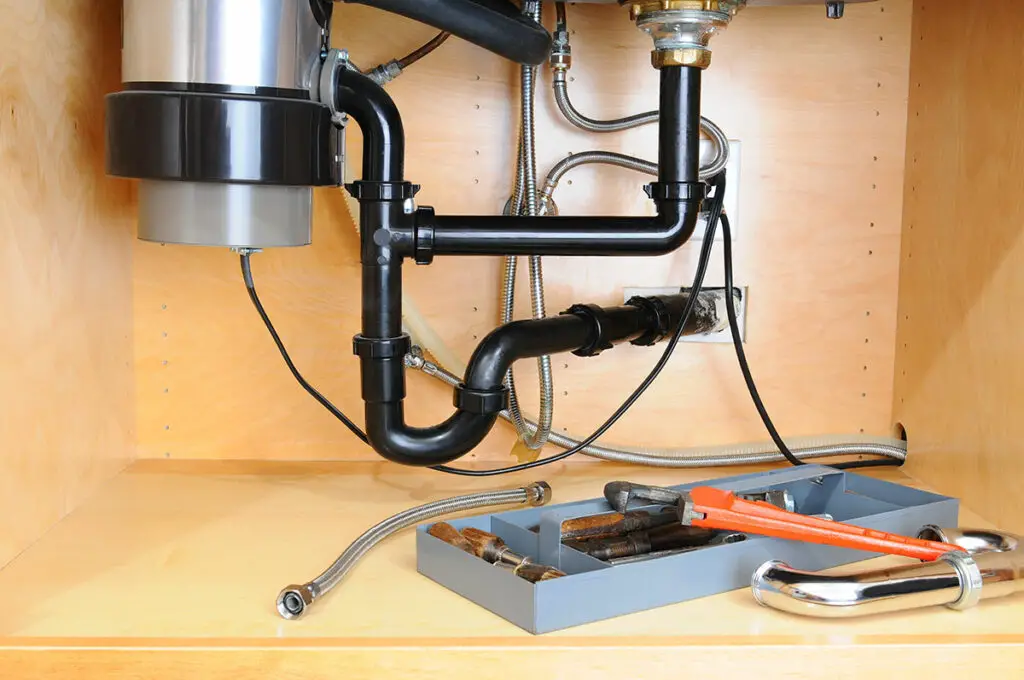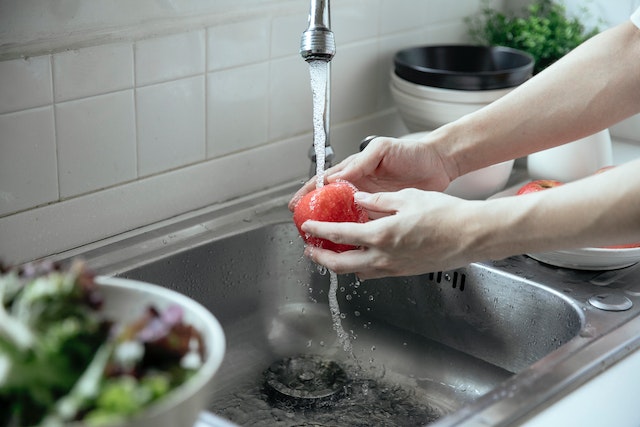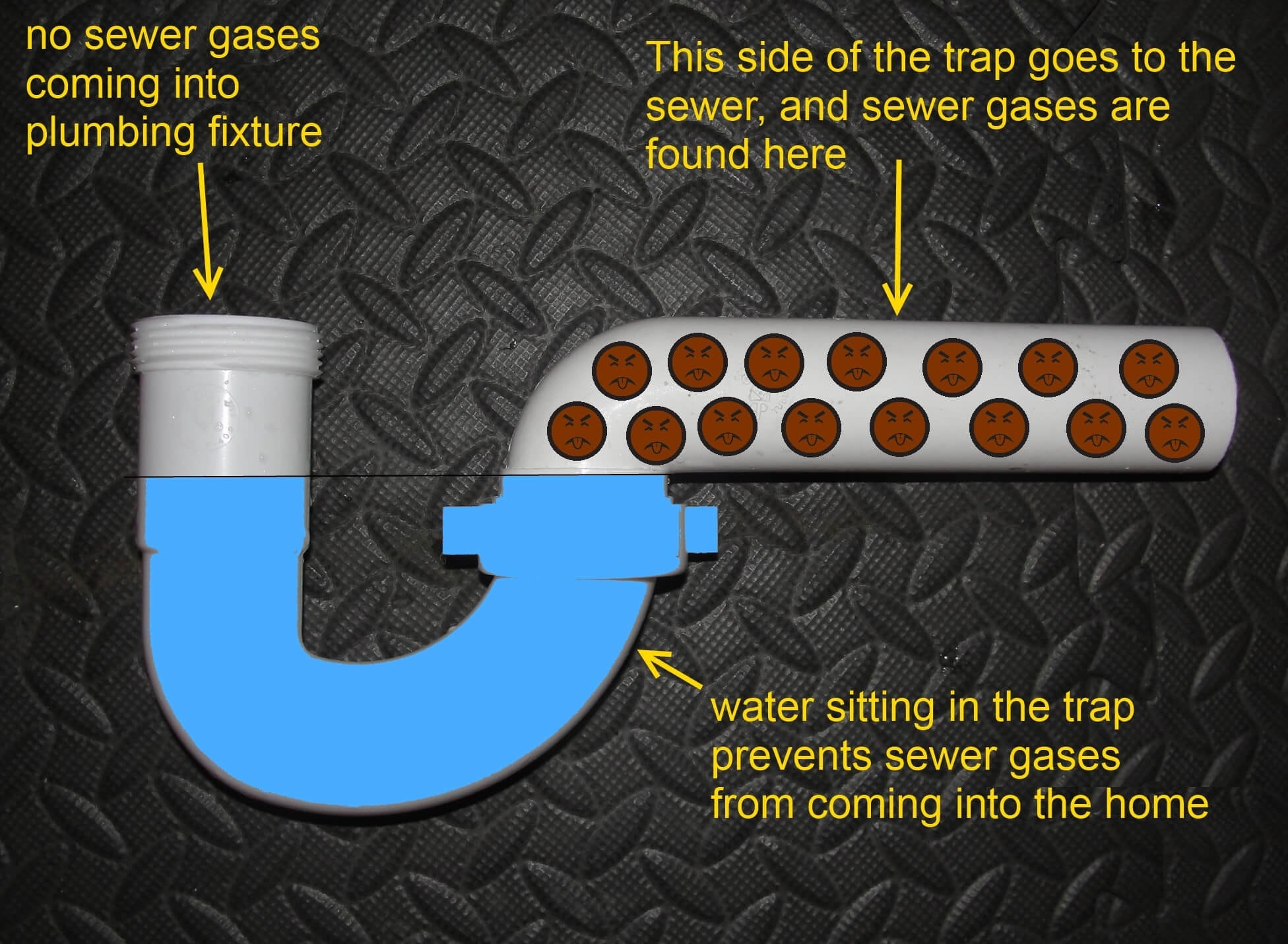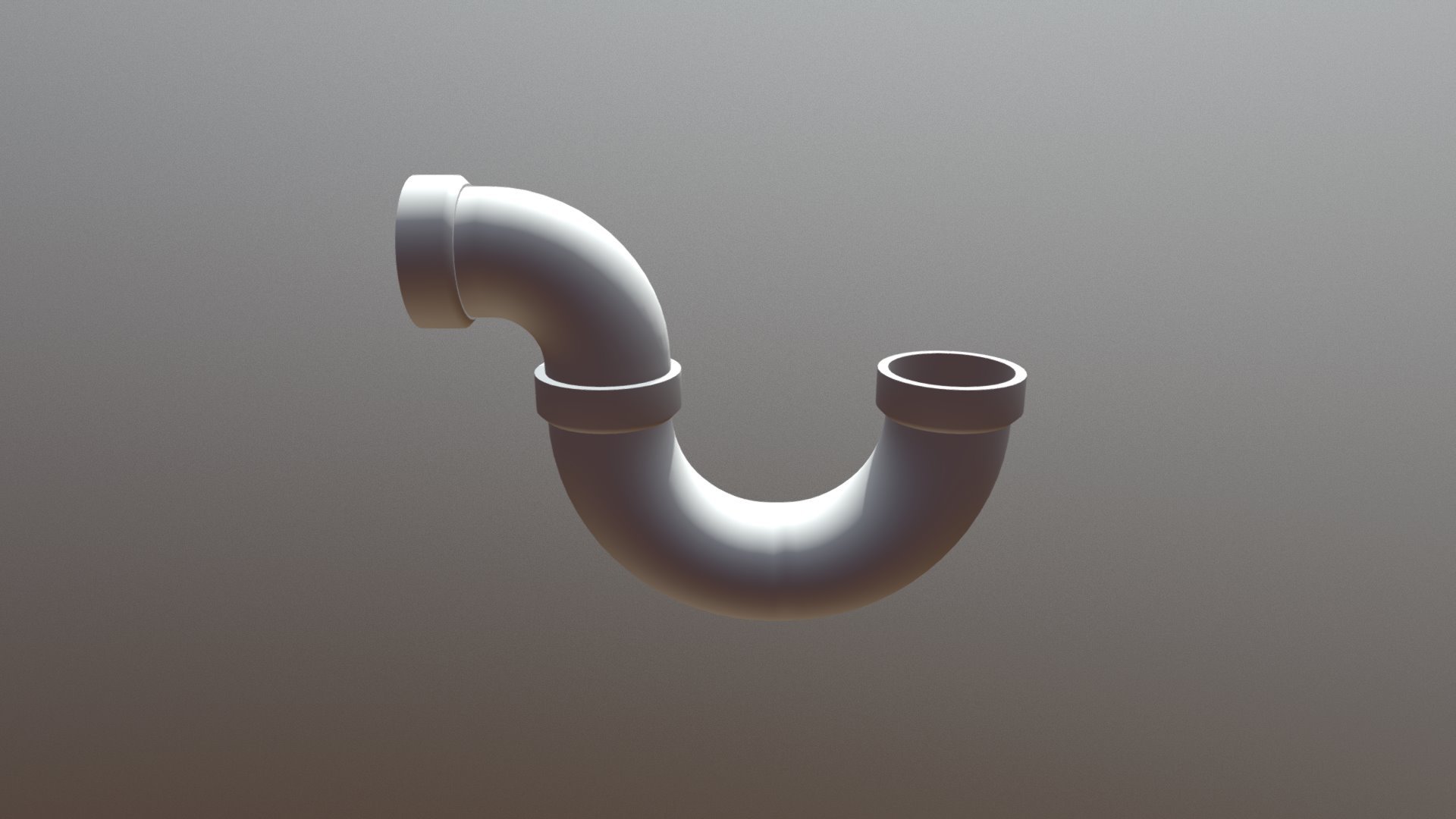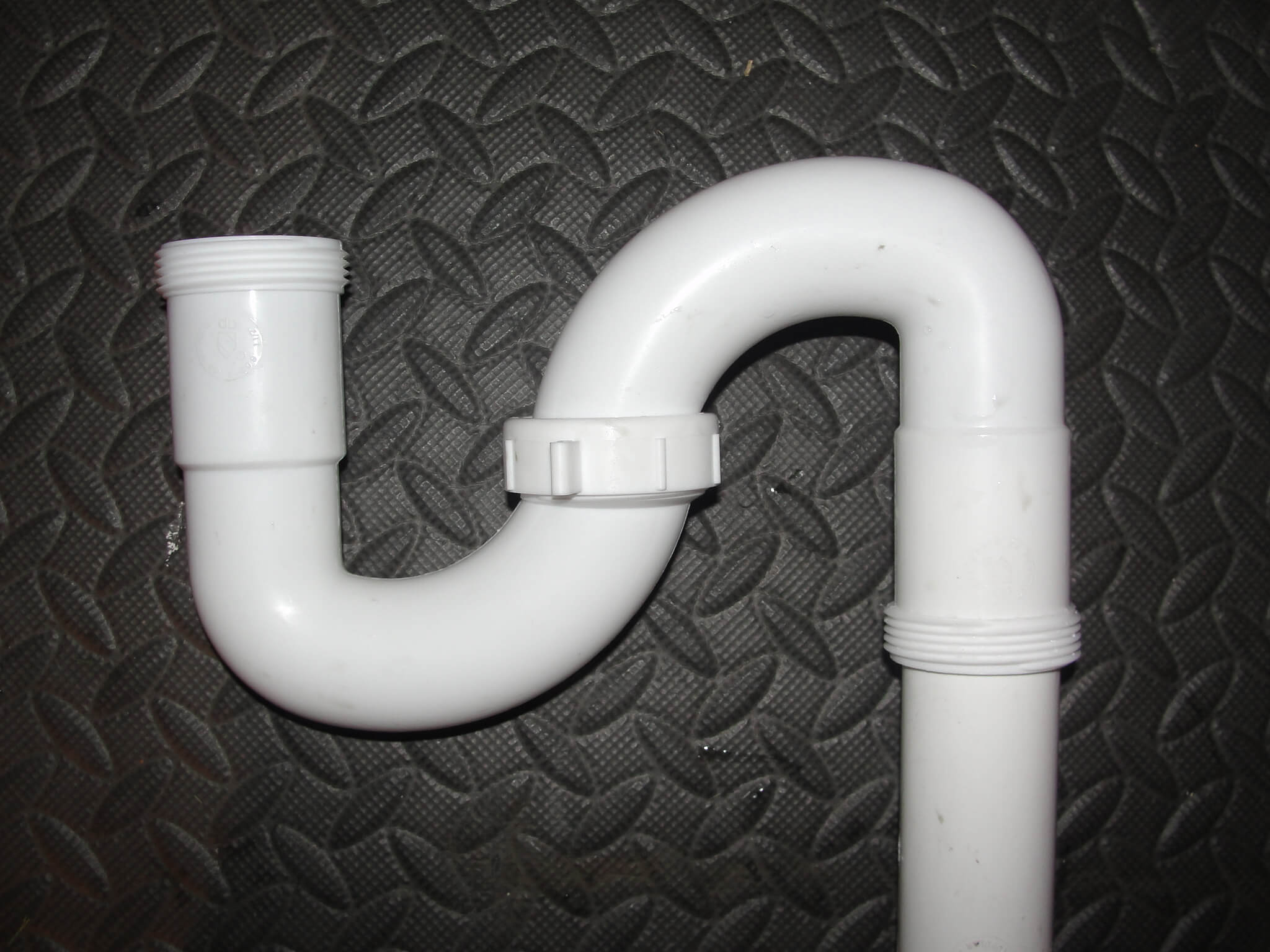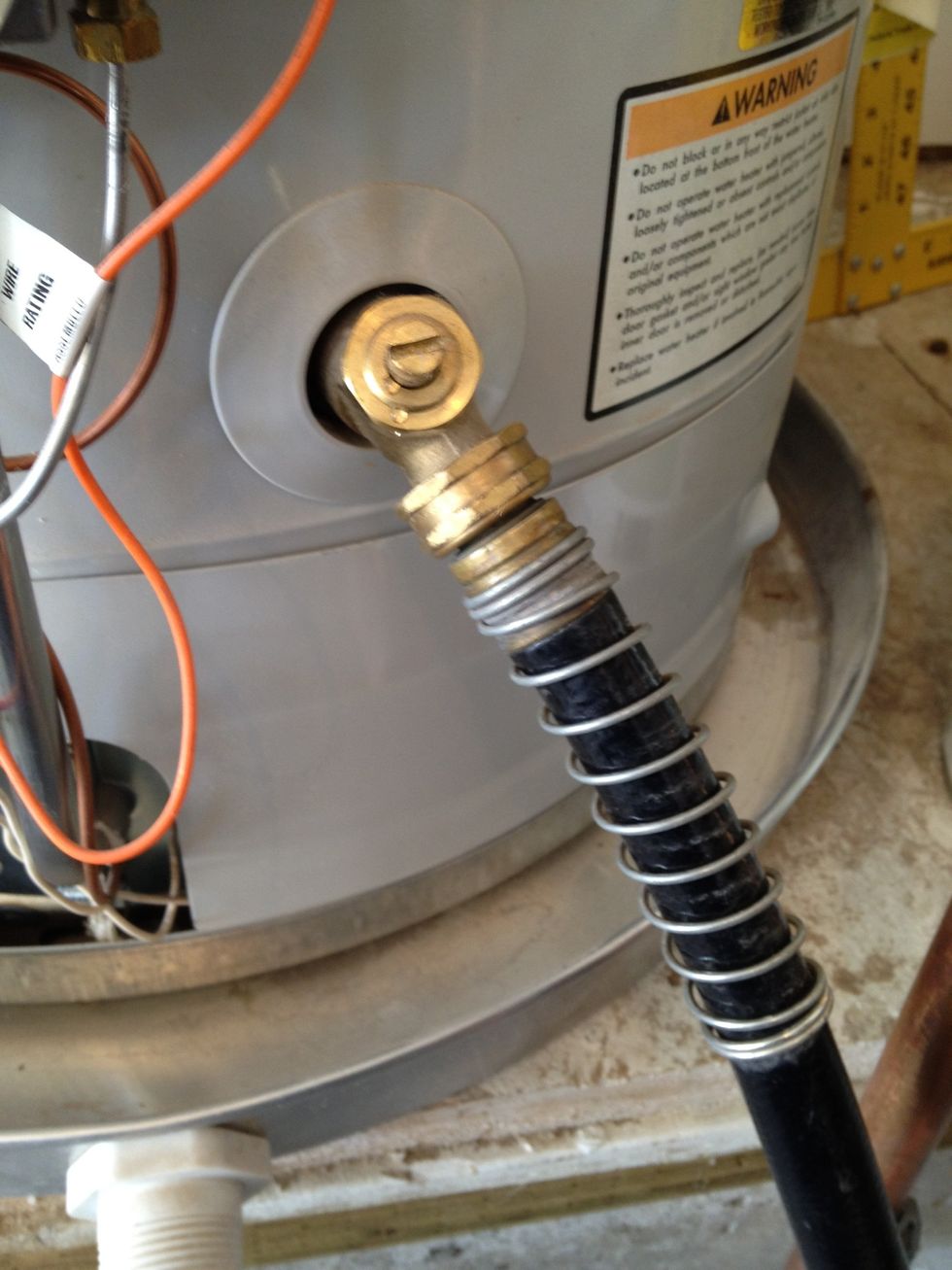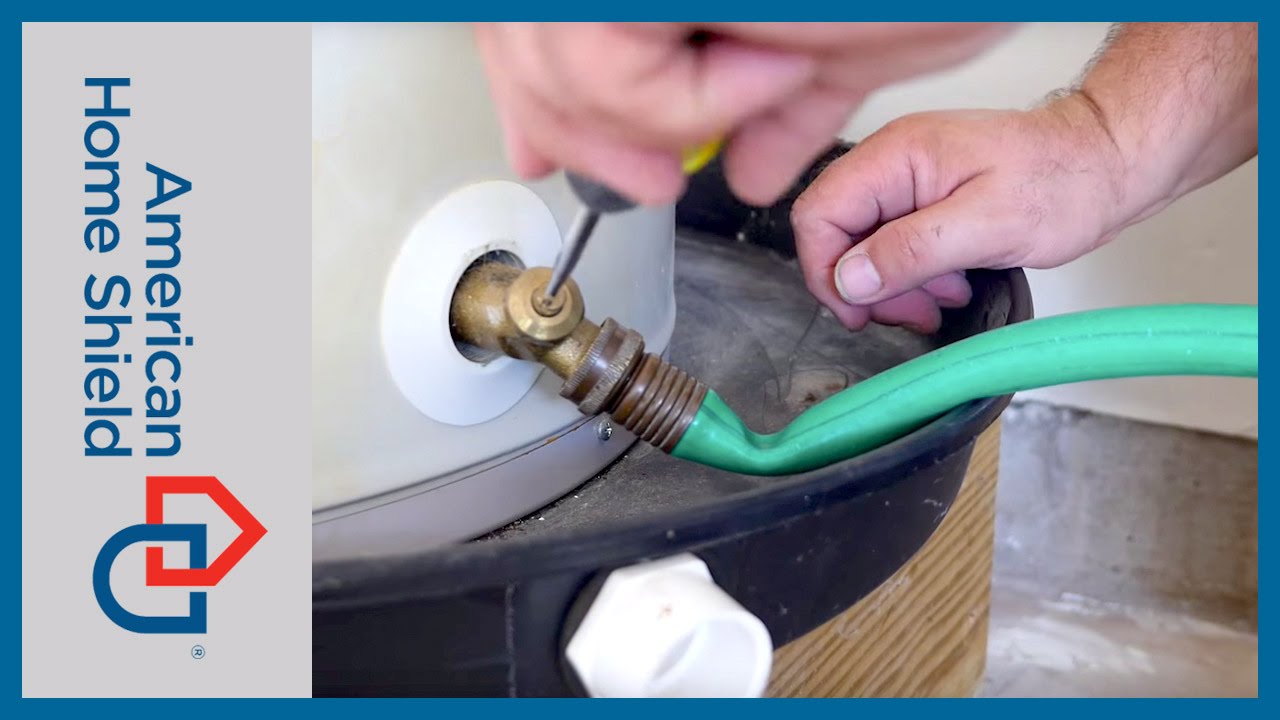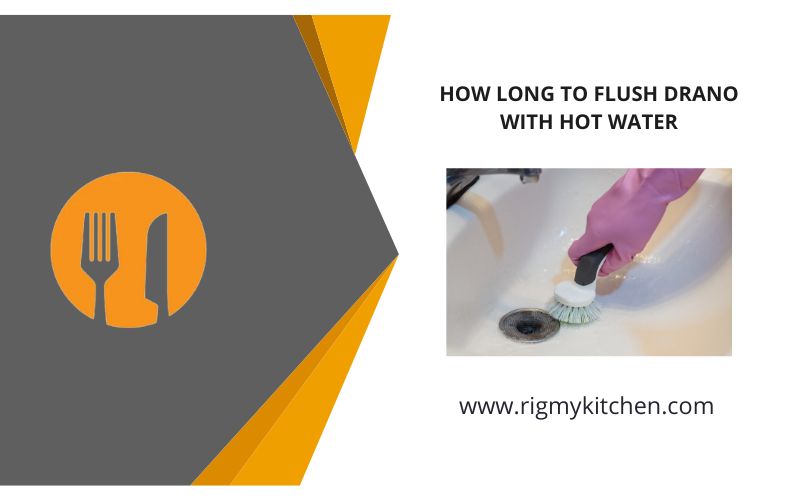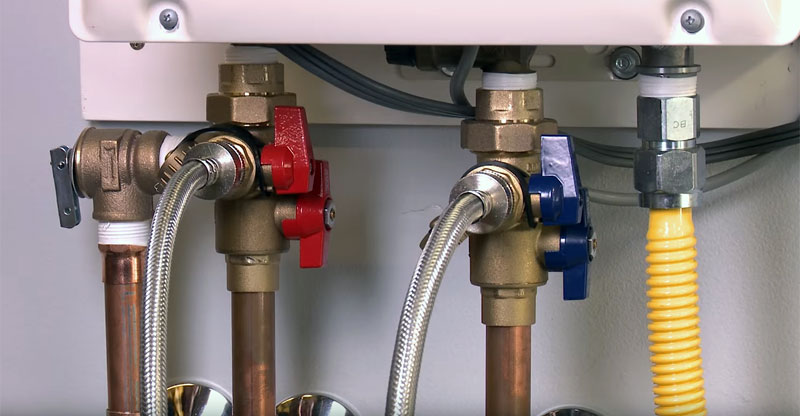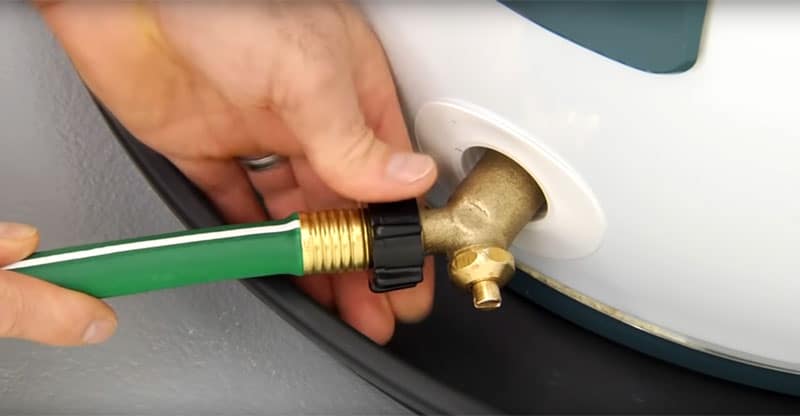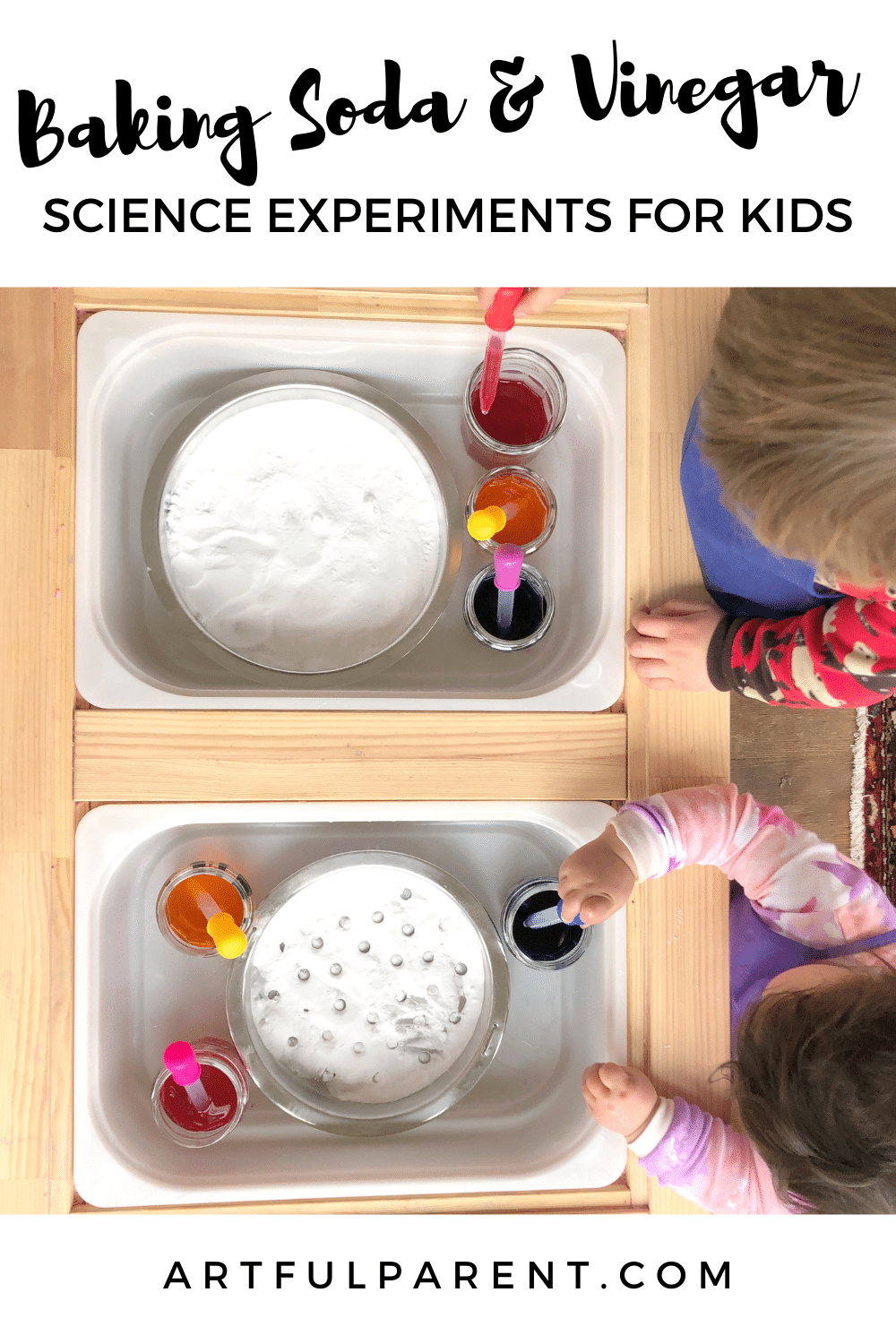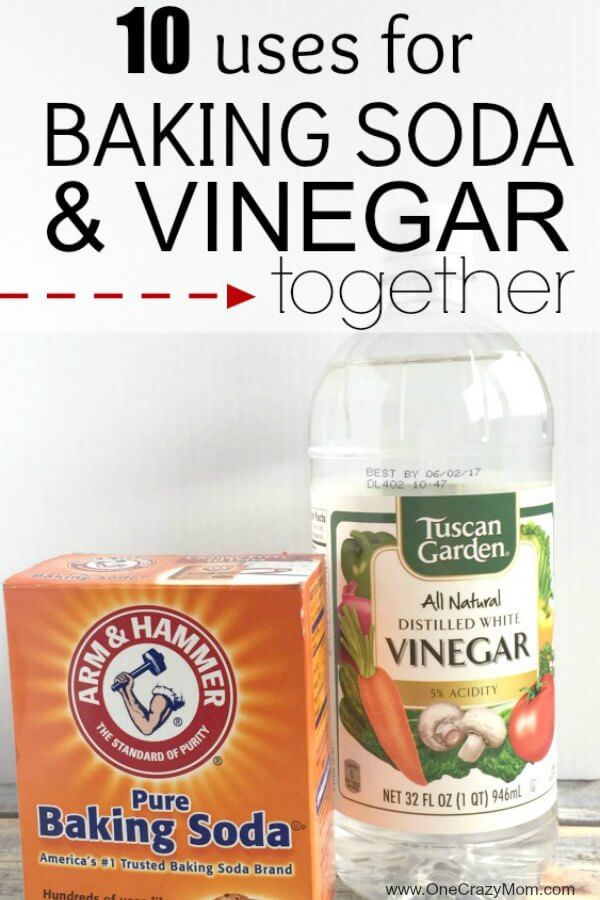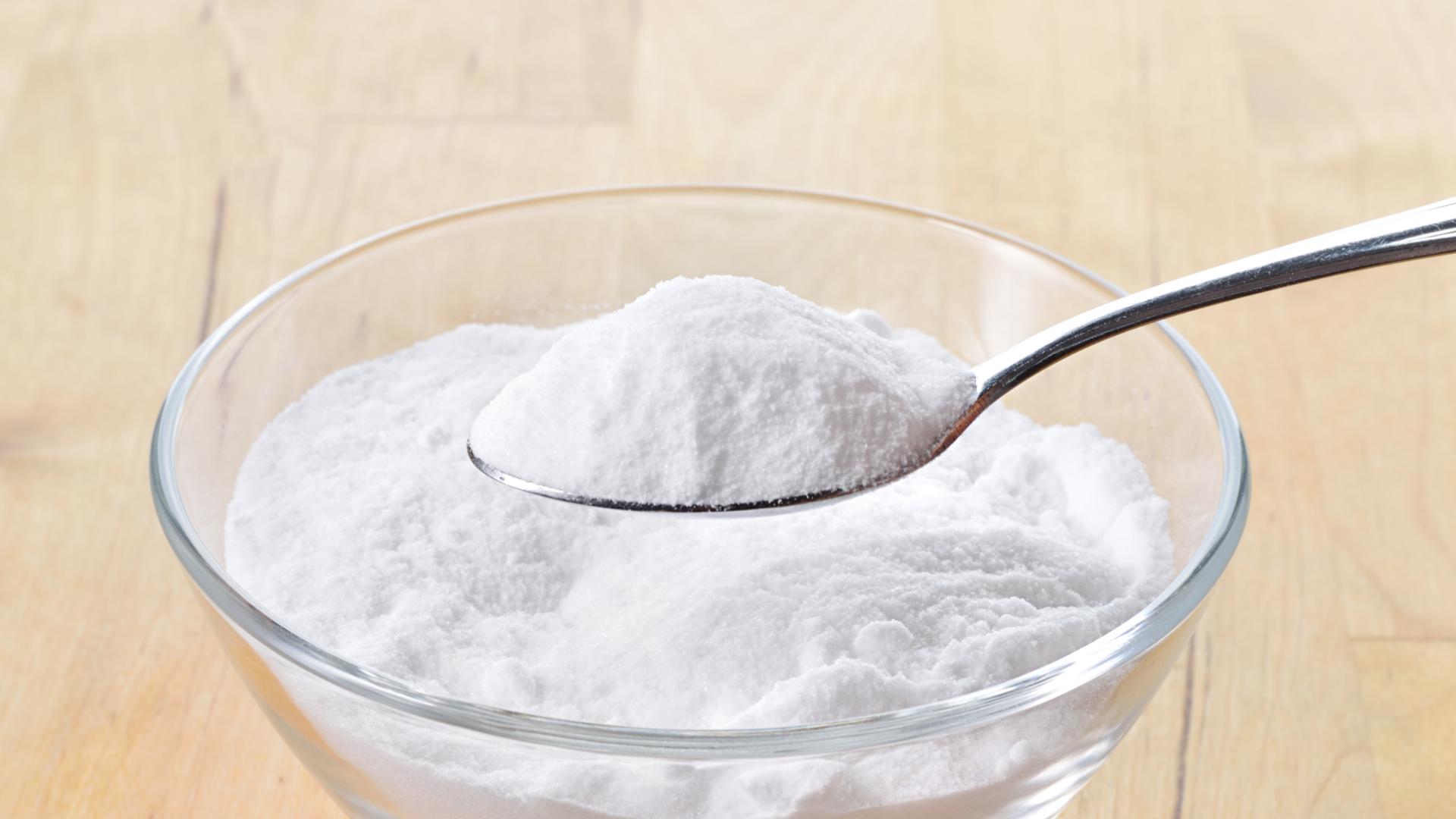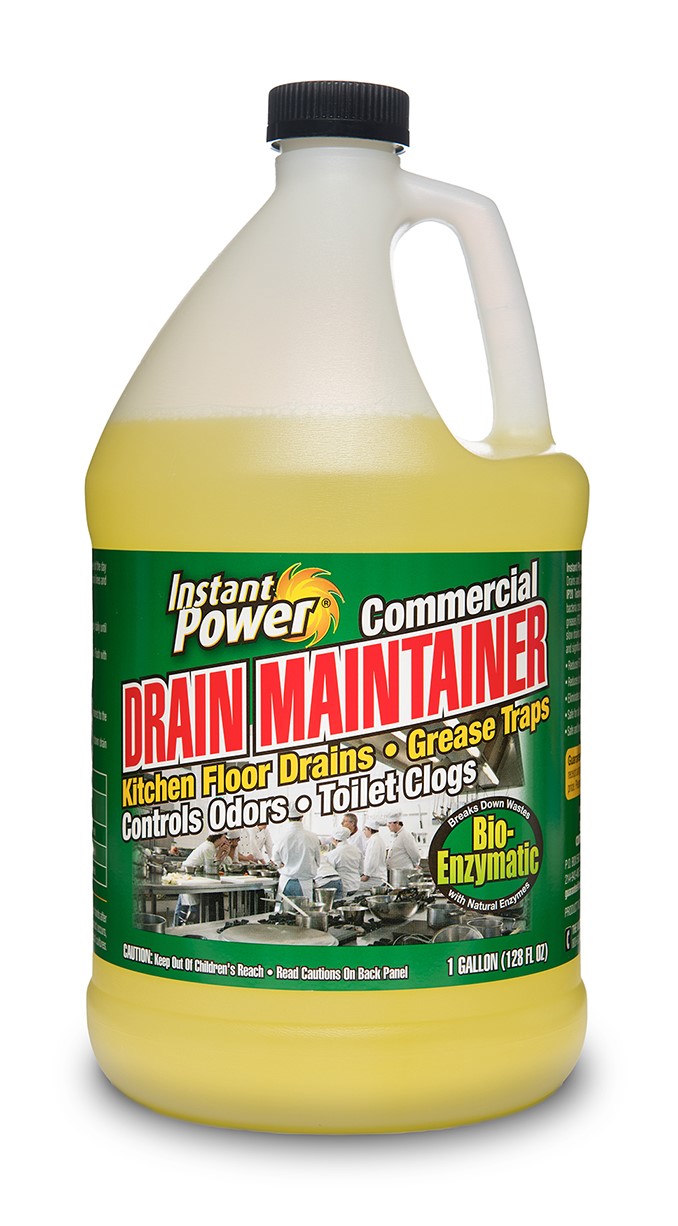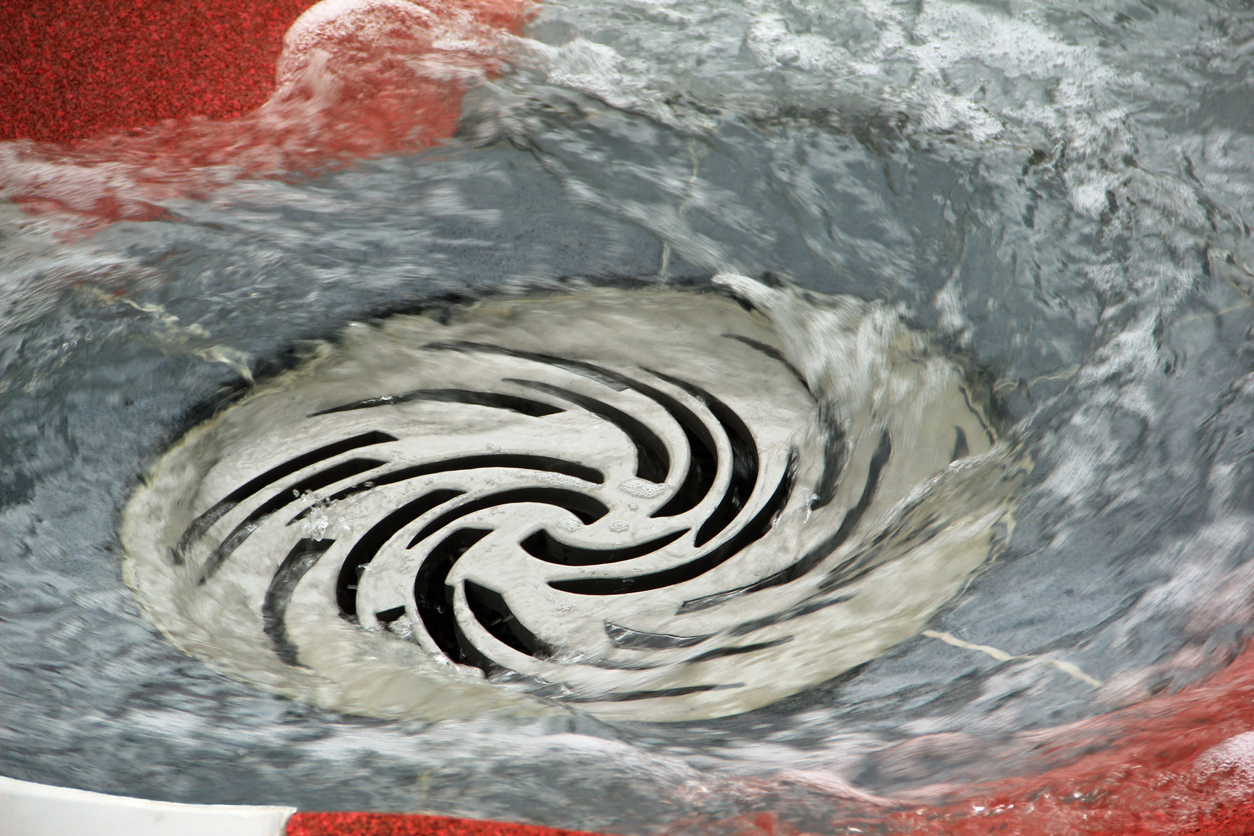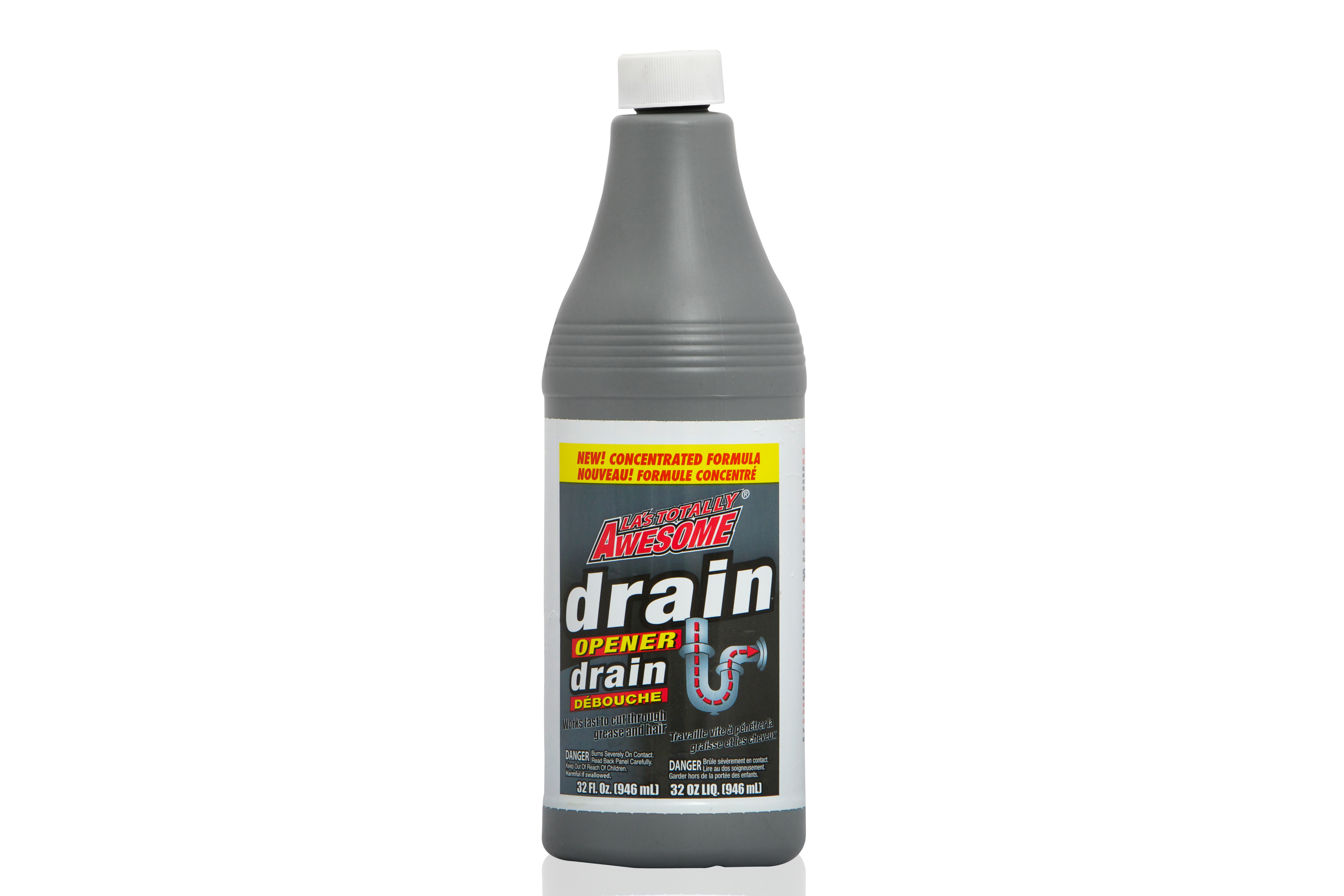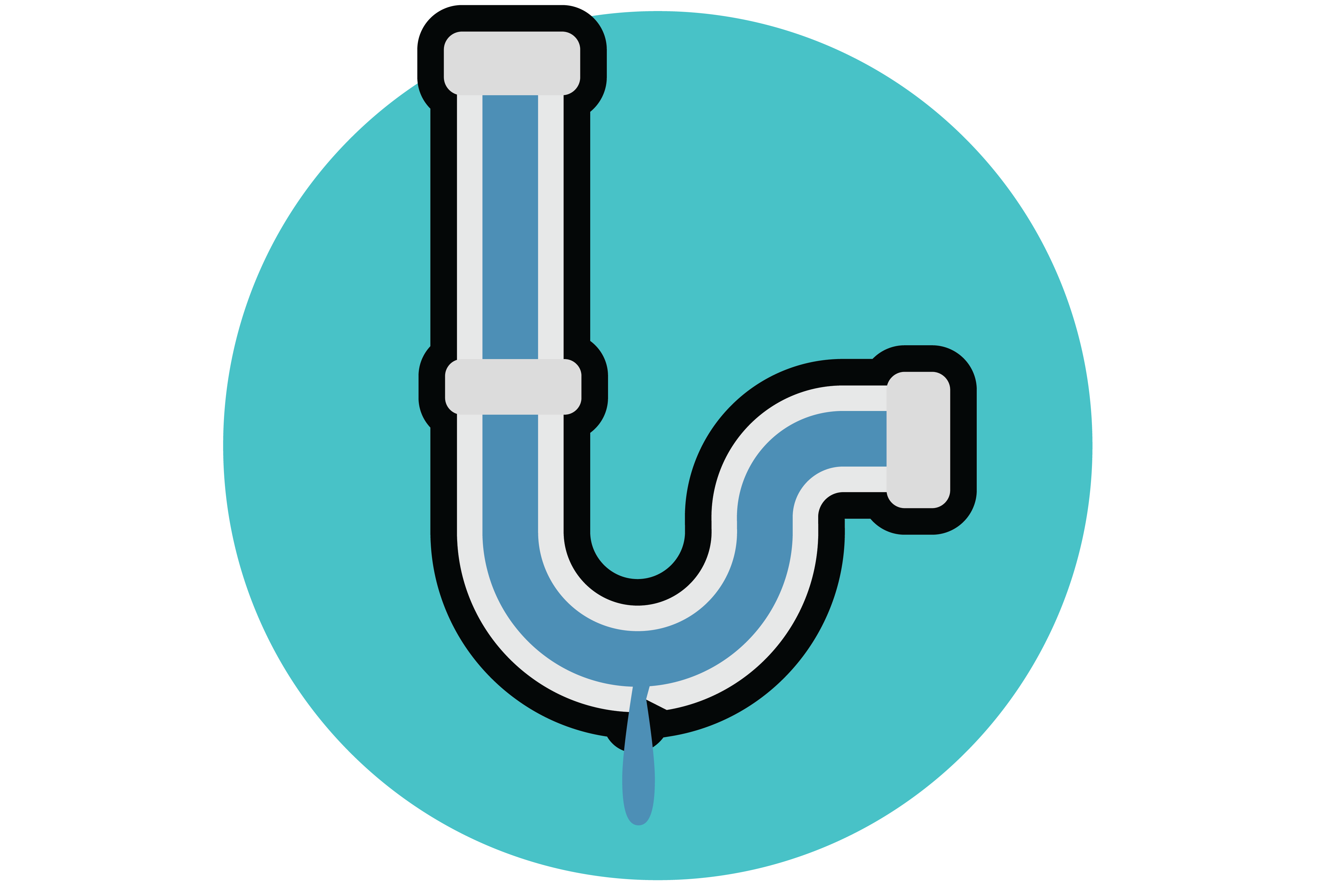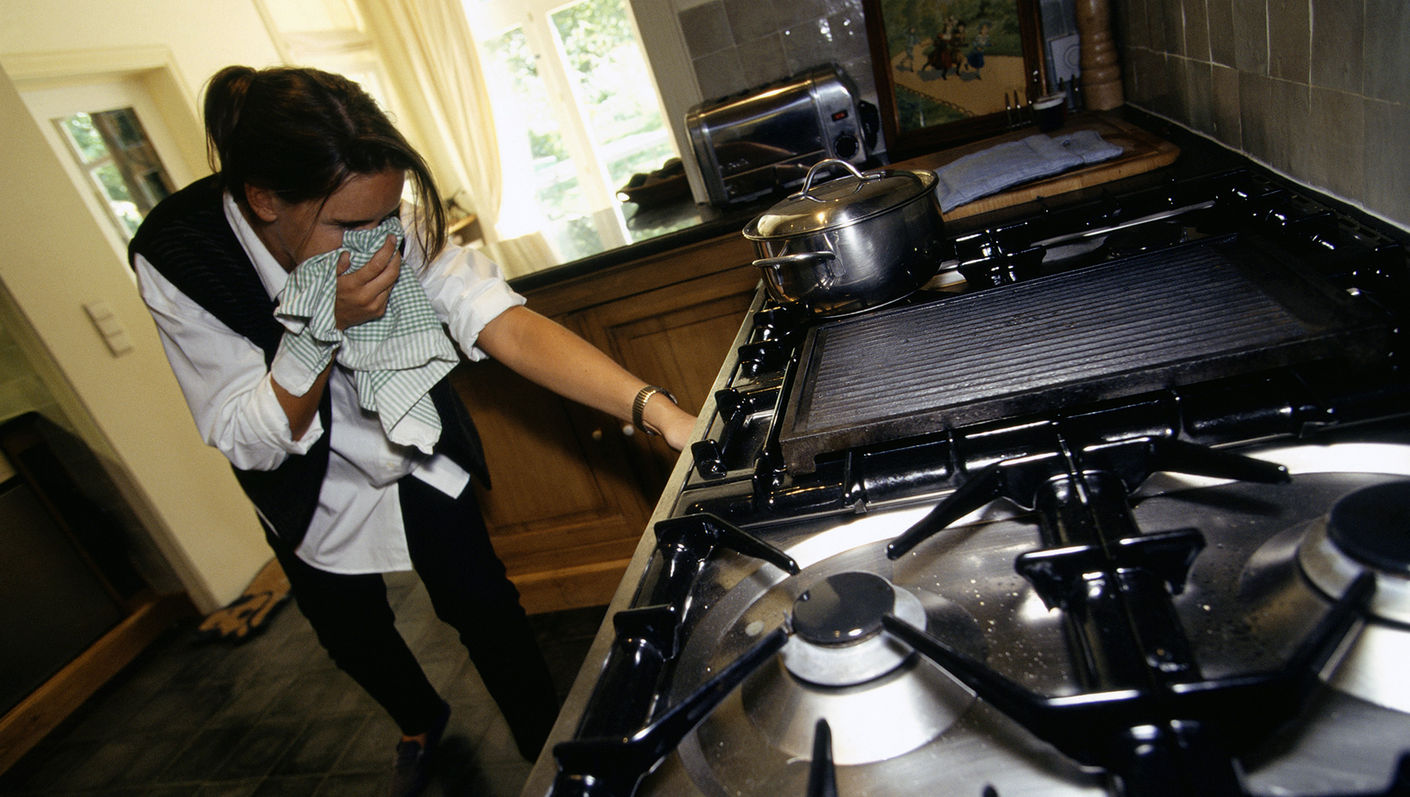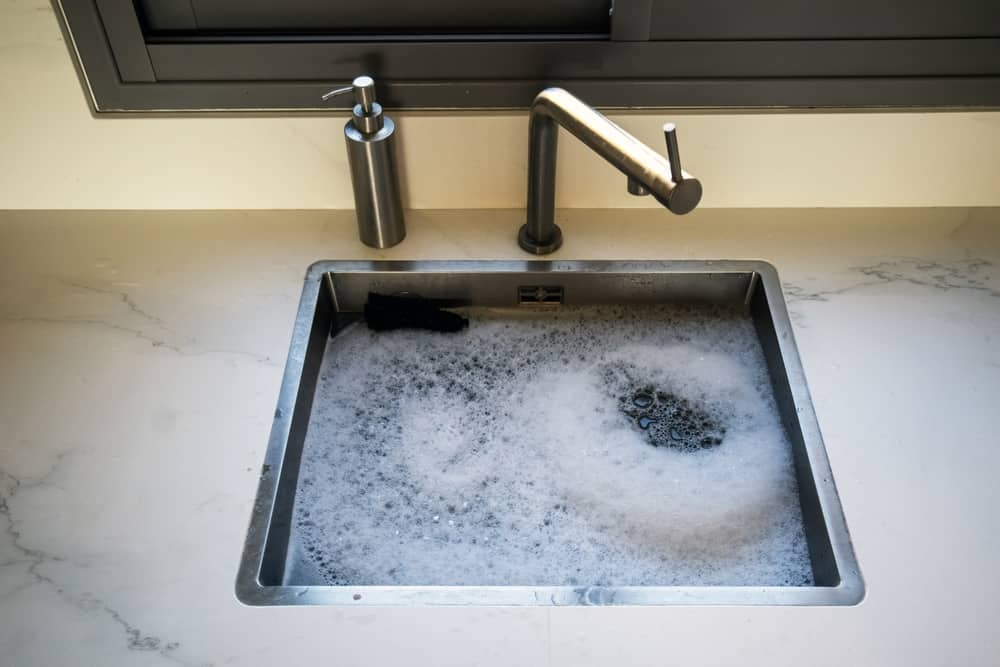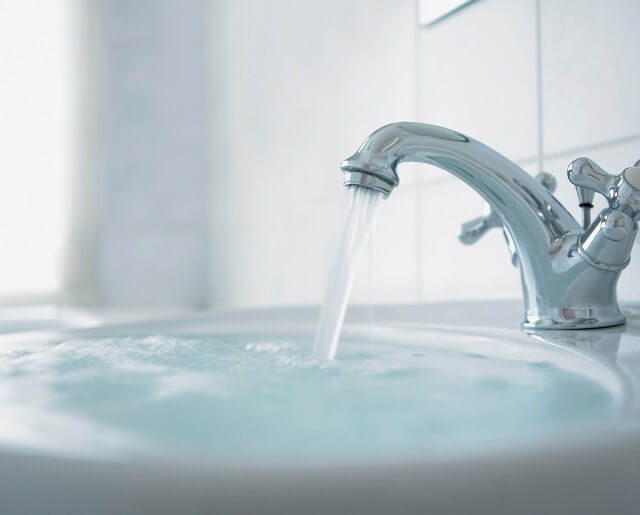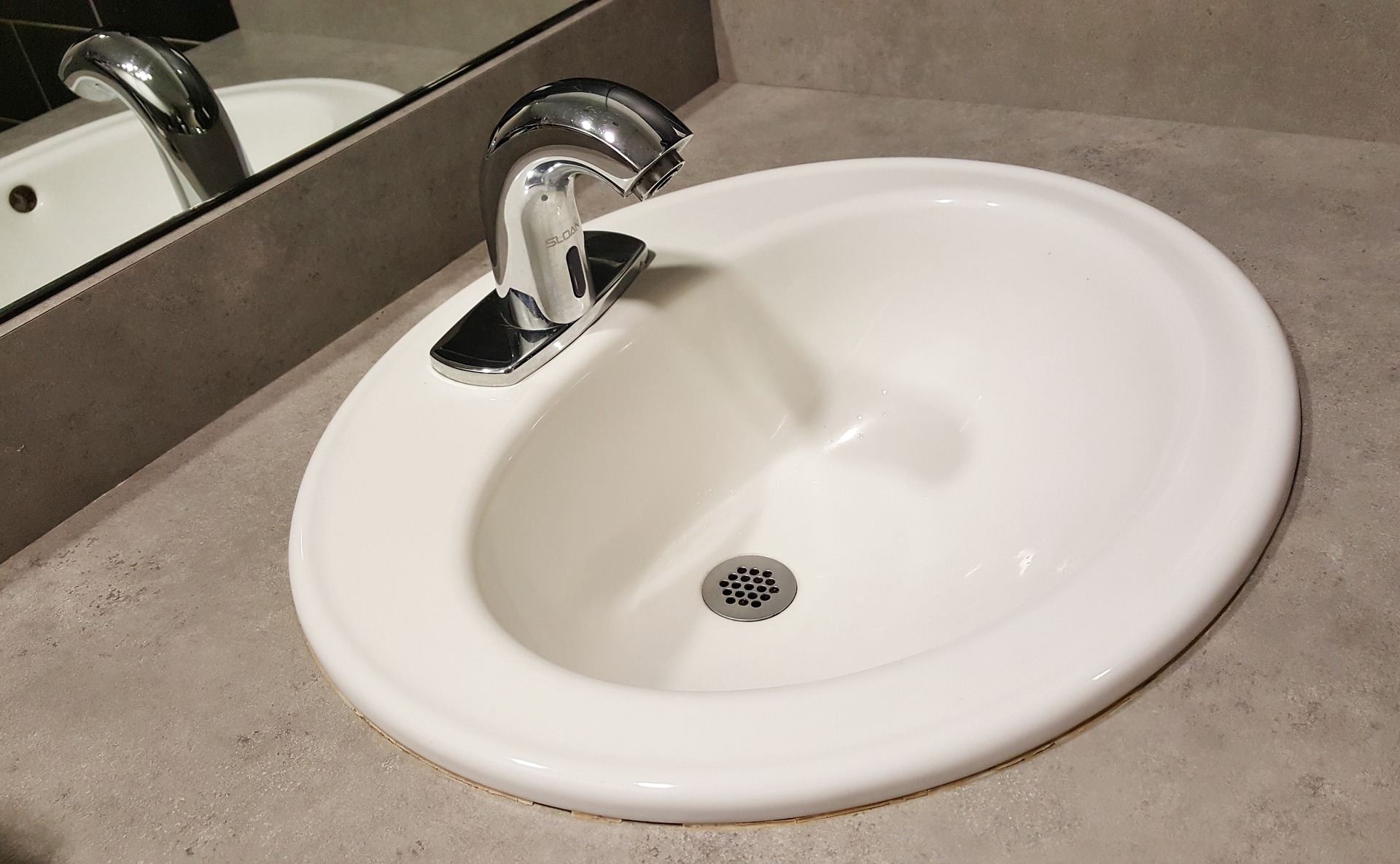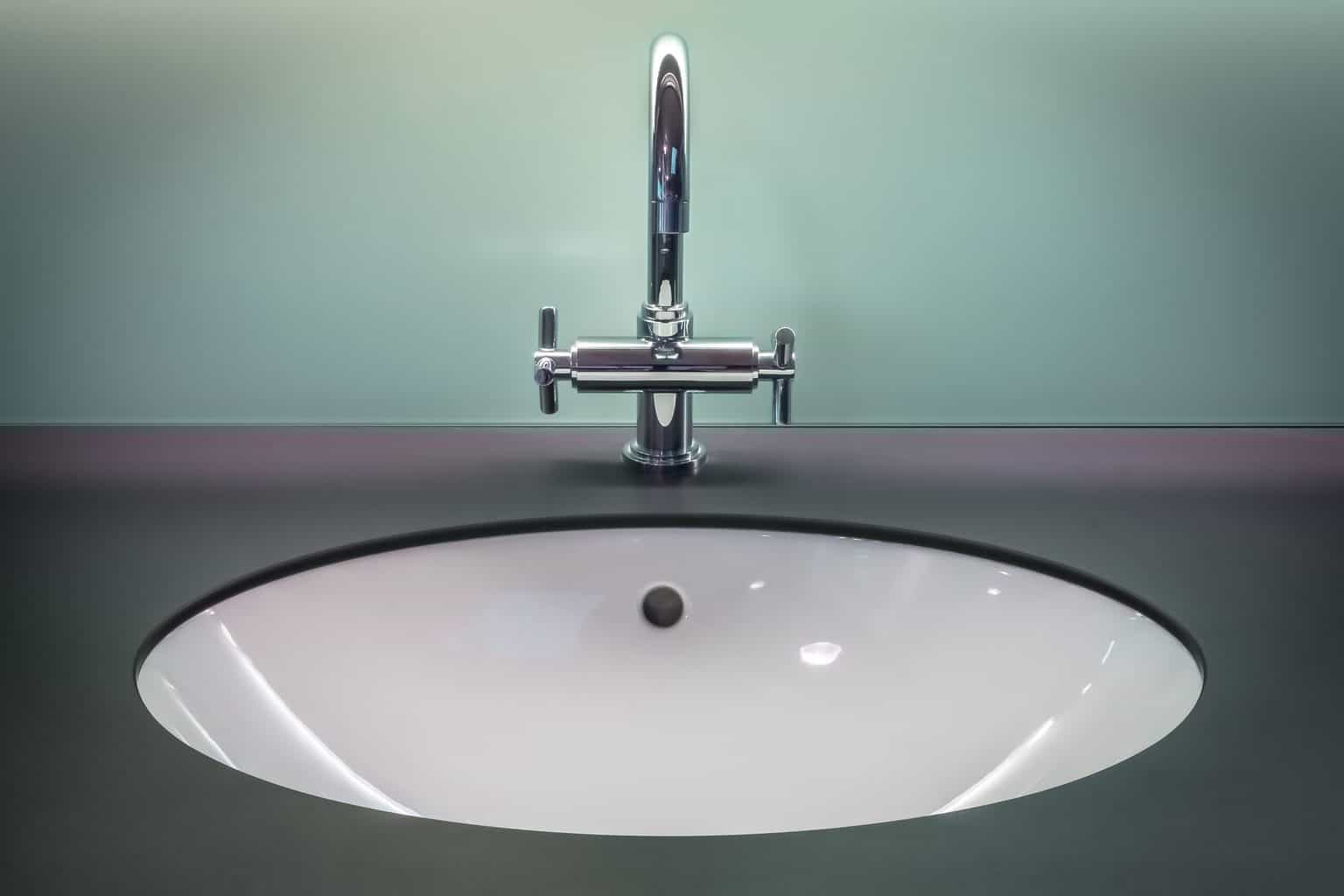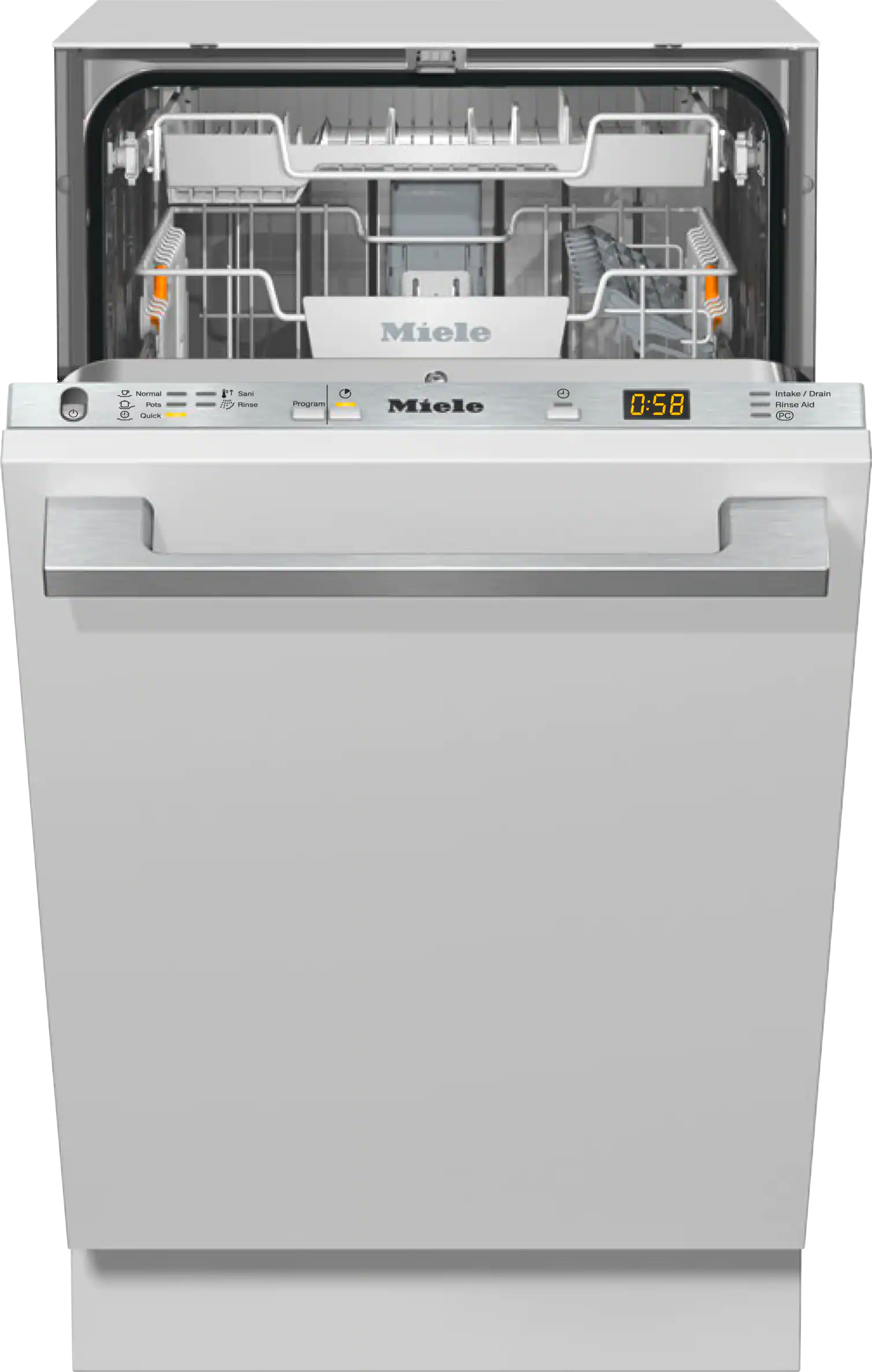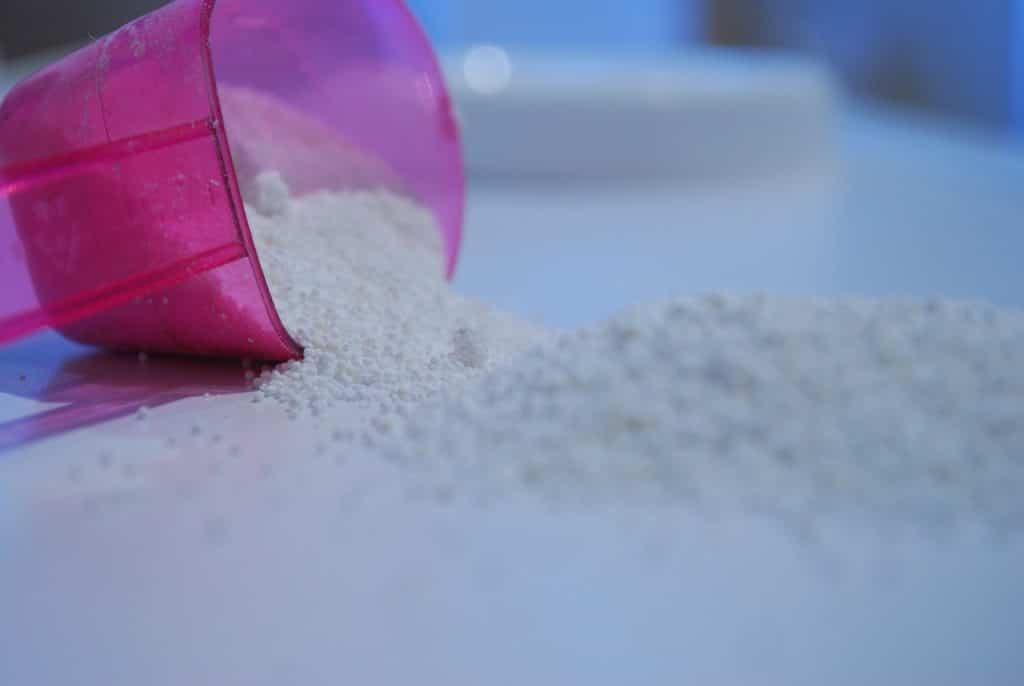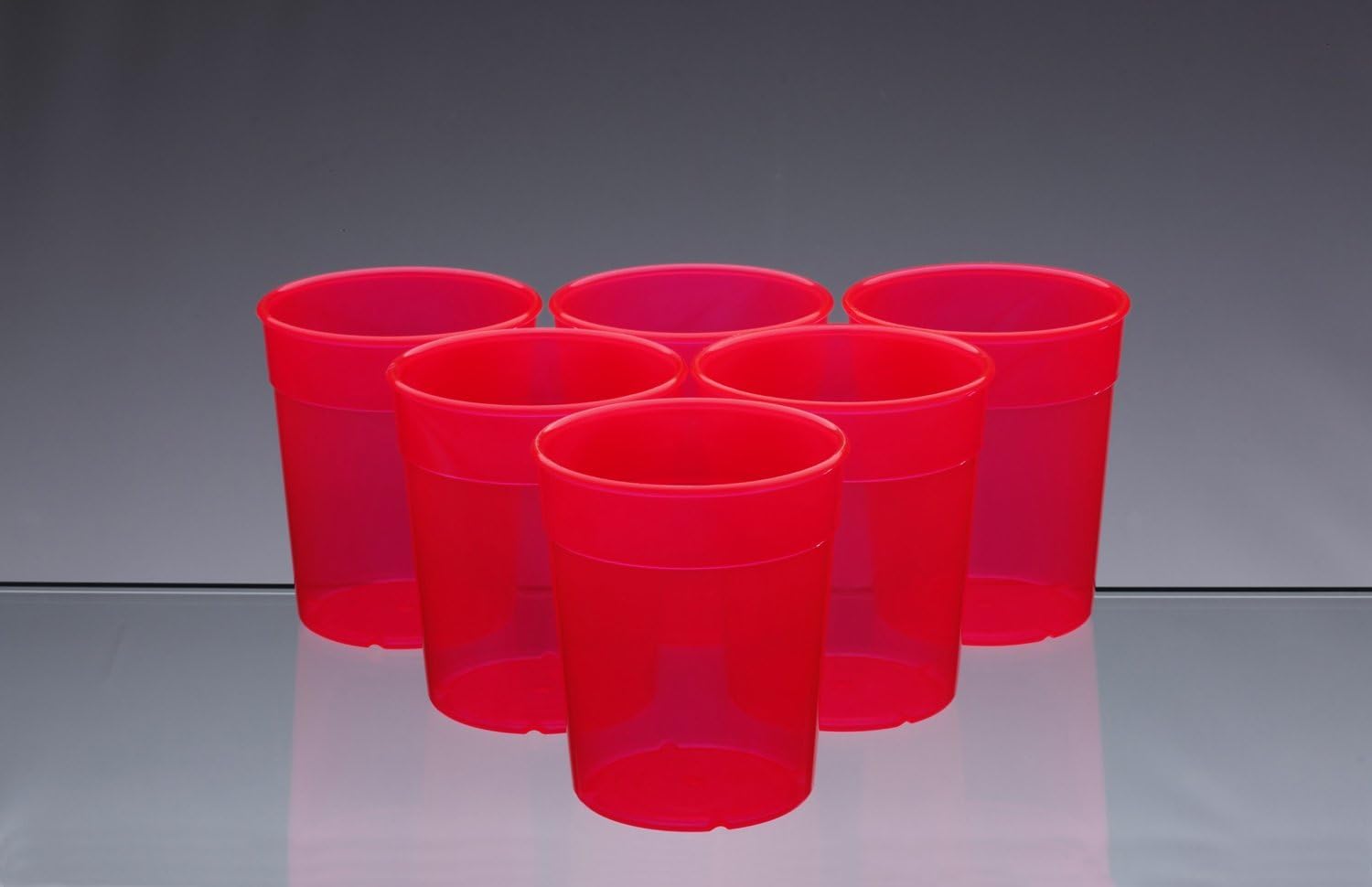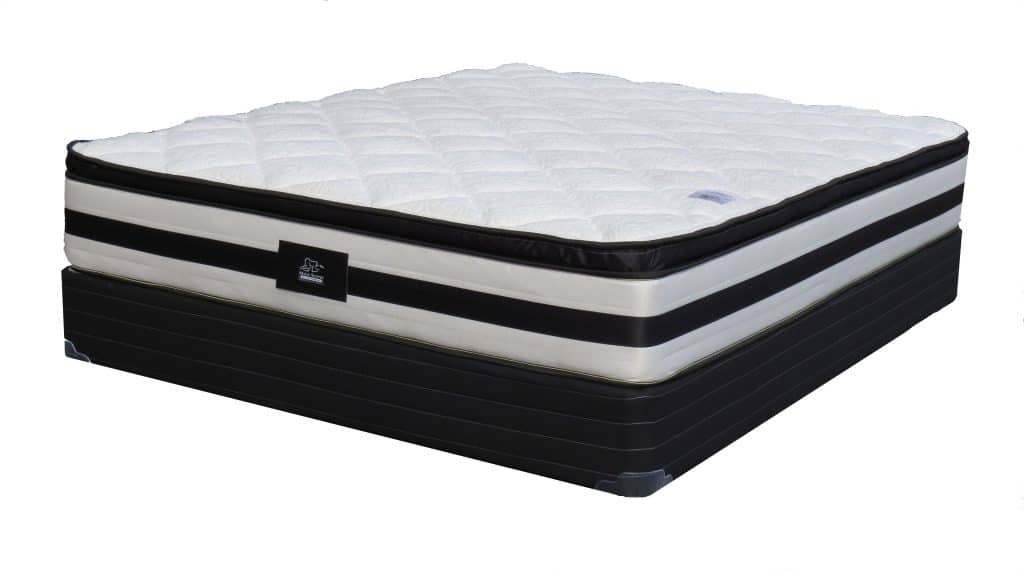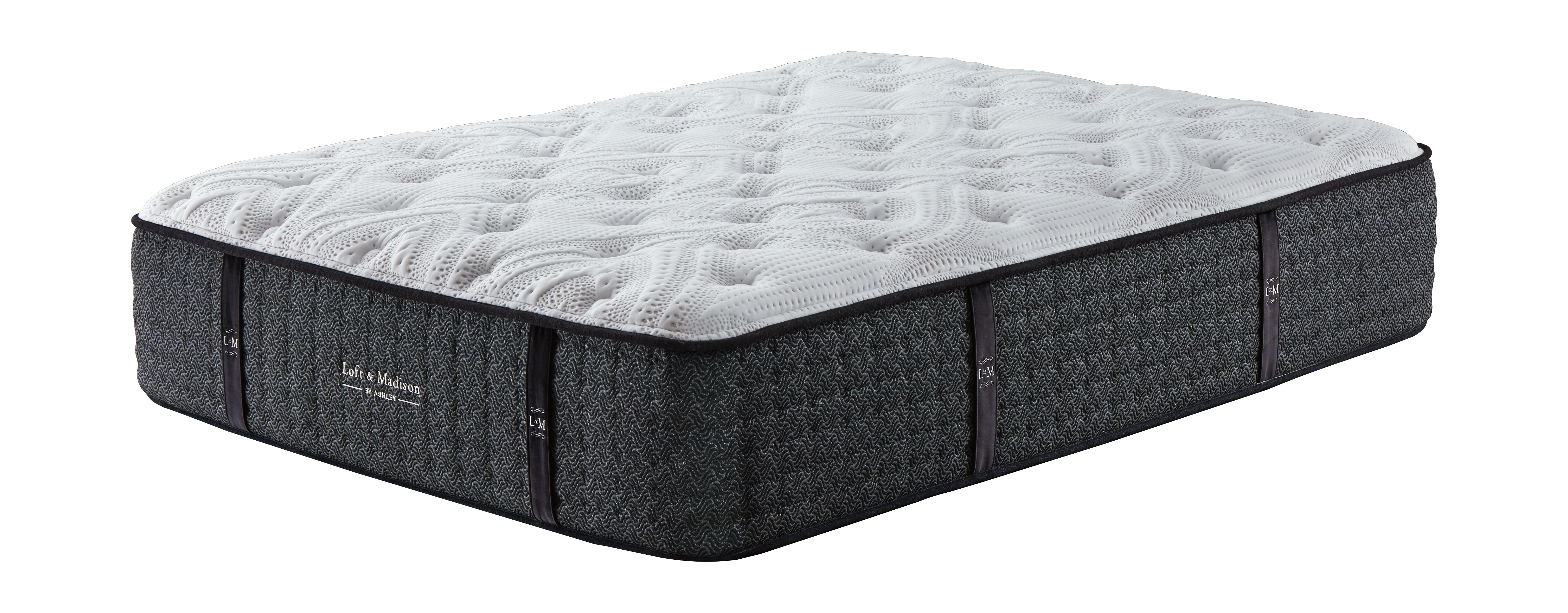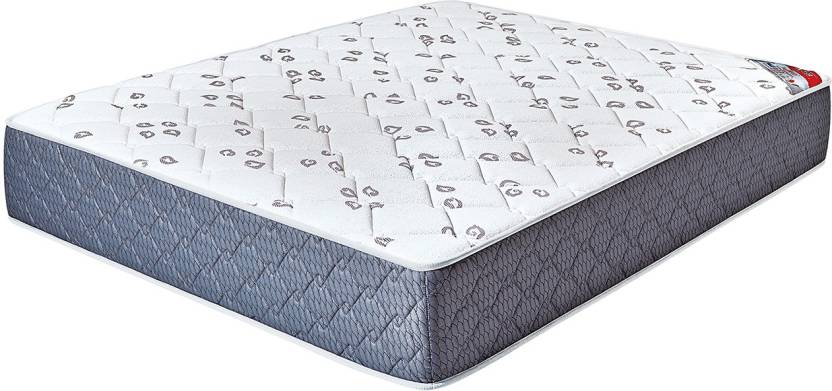If you notice an unpleasant egg smell coming from your kitchen sink, the first thing you should do is clean the sink drain. Over time, food particles and grease can build up in the drain and cause a foul odor. To clean the drain, remove the sink stopper and use a drain brush or a long, flexible wire to reach deep into the drain and remove any debris. Then, pour a mixture of hot water and baking soda down the drain to help dissolve any remaining buildup. Finally, run hot water for a few minutes to flush out the drain and eliminate any lingering odor.Clean the Sink Drain
If your kitchen sink has a garbage disposal, it could be the source of the egg smell. The disposal can become clogged with food particles and bacteria, which can create a strong odor. To check the disposal, turn off the power and visually inspect it for any food or debris. If you see buildup, use a long-handled brush or tongs to remove it. Then, run hot water and lemon juice through the disposal to help neutralize any remaining odor.Check the Garbage Disposal
The P-trap is a curved pipe located under the sink that traps debris and prevents it from entering the main drainage system. Over time, the P-trap can become clogged with food, grease, and other debris, causing a foul odor to emanate from your sink. To inspect the P-trap, place a bucket under the pipe and unscrew it using pliers or a pipe wrench. Remove any buildup and use a pipe brush to clean the inside of the pipe. Then, reattach the P-trap and run hot water to flush out any remaining debris and eliminate the smell.Inspect the P-Trap
A simple solution to get rid of an egg smell coming from your kitchen sink is to flush the drain with hot water. This can help dislodge any food particles or bacteria that may be causing the odor. To do this, simply run hot water for a few minutes. For an added boost, you can pour a cup of white vinegar down the drain before running the hot water to help break down any buildup and eliminate the smell.Flush the Drain with Hot Water
If hot water alone isn't doing the trick, you can try using a mixture of baking soda and vinegar to eliminate the egg smell. Start by pouring a cup of baking soda down the drain, followed by a cup of apple cider vinegar. Let the mixture sit for about 15 minutes, then run hot water to flush it out. The combination of baking soda and vinegar will help break down any buildup in the drain and neutralize any odors.Use Baking Soda and Vinegar
If the above methods are not effective in getting rid of the egg smell, you can try using a commercial drain cleaner. Look for a product specifically designed to eliminate odors and follow the instructions on the label. Keep in mind that these cleaners may contain harsh chemicals, so use caution and follow all safety precautions.Try a Commercial Drain Cleaner
Another potential cause of an egg smell coming from your kitchen sink is a leak in the pipes. Even a small leak can create a damp environment that can promote the growth of bacteria and lead to a foul odor. To check for leaks, inspect all the pipes under your sink and look for any signs of moisture or water droplets. If you find a leak, you may need to call a plumber to fix the issue and eliminate the source of the smell.Check for Leaks
The sink overflow is a small opening near the top of the sink that allows water to drain if the sink becomes too full. Over time, this area can become dirty and harbor bacteria, which can cause an unpleasant smell. To clean the sink overflow, use a toothbrush and some bleach to scrub the area. Rinse thoroughly with hot water and dry with a clean cloth.Clean the Sink Overflow
If you have a dishwasher, it's possible that the egg smell is actually coming from there. Food particles and bacteria can build up in the dishwasher and cause a foul odor. To check for this, run the dishwasher empty with a cup of white vinegar and some baking soda. This will help clean and deodorize the dishwasher. You may also want to regularly clean the dishwasher with a dishwasher cleaner to prevent any odors from developing in the future.Check the Dishwasher
If you've tried all of these solutions and are still experiencing an egg smell coming from your kitchen sink, it's time to call in a professional plumber. They will be able to thoroughly inspect your plumbing system and identify the source of the smell. They can also provide a more permanent solution, such as replacing old pipes or fixing any leaks, to ensure the odor doesn't return. In conclusion, an egg smell coming from your kitchen sink can be unpleasant and embarrassing. But with the tips listed above, you can easily eliminate the odor and keep your kitchen smelling fresh and clean. Remember to regularly clean your sink and pipes to prevent any buildup and odors from occurring. And if the smell persists, don't hesitate to call a plumber for assistance. With a little effort and maintenance, your kitchen sink can remain odor-free for years to come.Call a Plumber
The Culprit: A Buildup of Organic Matter and Bacteria

Understanding the Source of the Smell
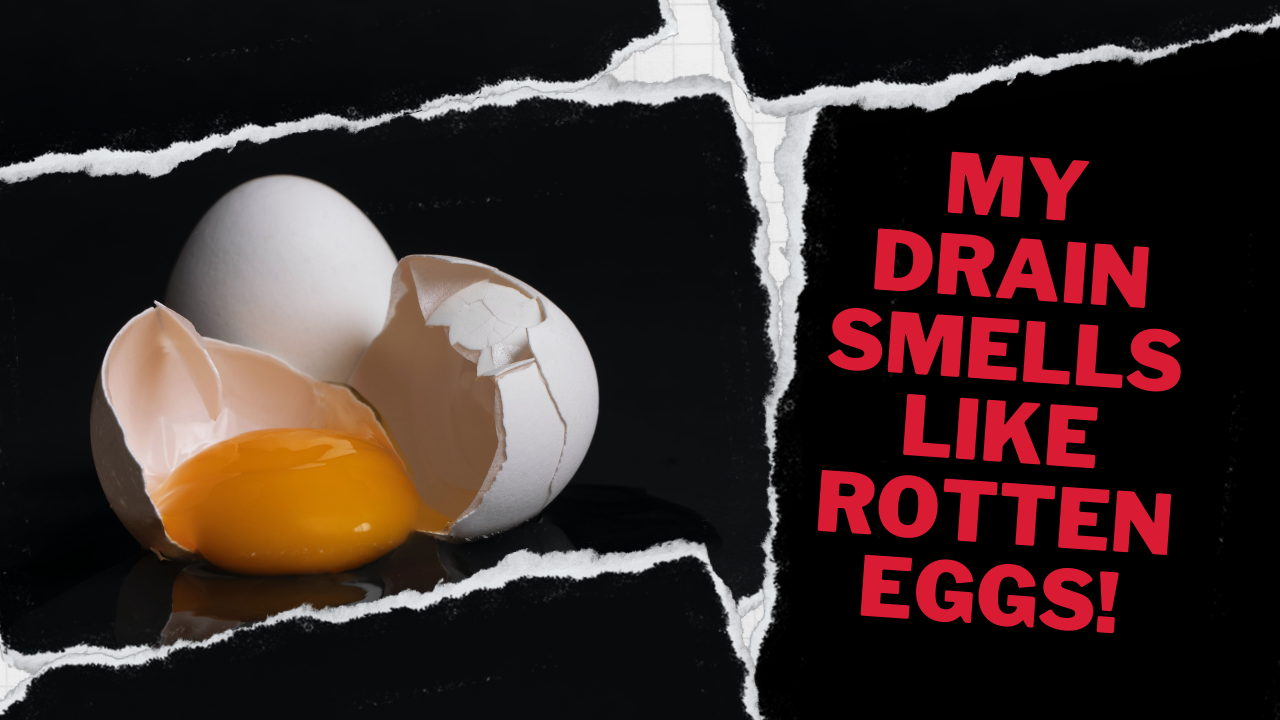 If you've noticed a lingering, unpleasant egg smell coming from your kitchen sink, you may be wondering what could be causing it. The answer lies in the buildup of organic matter and bacteria in your drain pipes. As we use our kitchen sinks daily to wash dishes, rinse food, and dispose of cooking oils and fats, all of these substances can accumulate in our pipes and create the perfect environment for bacteria to thrive. The bacteria break down the organic matter, releasing sulfurous compounds that give off that distinct egg-like odor.
If you've noticed a lingering, unpleasant egg smell coming from your kitchen sink, you may be wondering what could be causing it. The answer lies in the buildup of organic matter and bacteria in your drain pipes. As we use our kitchen sinks daily to wash dishes, rinse food, and dispose of cooking oils and fats, all of these substances can accumulate in our pipes and create the perfect environment for bacteria to thrive. The bacteria break down the organic matter, releasing sulfurous compounds that give off that distinct egg-like odor.
The Importance of Proper Drain Maintenance
/three-glasses-of-water-containing-eggs-each-egg-at-different-level-in-the-glass-sink-or-float-egg-freshness-test-183743184-57829cf13df78c1e1f3e362b.jpg) Keeping your kitchen sink drain clean and free of buildup is crucial in preventing the foul smell from permeating your home. Regularly flushing your drain with hot water and baking soda can help break down and remove any organic matter that may be stuck in the pipes. Additionally, using a natural enzyme drain cleaner can help break down and eliminate bacteria, preventing future odors from developing.
Keeping your kitchen sink drain clean and free of buildup is crucial in preventing the foul smell from permeating your home. Regularly flushing your drain with hot water and baking soda can help break down and remove any organic matter that may be stuck in the pipes. Additionally, using a natural enzyme drain cleaner can help break down and eliminate bacteria, preventing future odors from developing.
Professional Solutions for Persistent Smells
 If the egg smell persists even after cleaning and maintenance, it may be time to call in a professional plumber. They have specialized equipment and techniques to thoroughly clean and remove any buildup in your drain pipes. They can also perform a thorough inspection to identify any other potential sources of the smell, such as a damaged or clogged vent pipe.
If the egg smell persists even after cleaning and maintenance, it may be time to call in a professional plumber. They have specialized equipment and techniques to thoroughly clean and remove any buildup in your drain pipes. They can also perform a thorough inspection to identify any other potential sources of the smell, such as a damaged or clogged vent pipe.
Avoiding Future Smells with Proper Kitchen Habits
 Prevention is key when it comes to keeping your kitchen sink smelling fresh. Avoid pouring cooking oils and fats down the drain, as they can solidify and contribute to buildup. Use a strainer in your sink to catch food particles and regularly empty it into the trash. By being mindful of what goes down your kitchen sink, you can prevent the buildup of organic matter and bacteria and keep that unpleasant egg smell at bay.
Prevention is key when it comes to keeping your kitchen sink smelling fresh. Avoid pouring cooking oils and fats down the drain, as they can solidify and contribute to buildup. Use a strainer in your sink to catch food particles and regularly empty it into the trash. By being mindful of what goes down your kitchen sink, you can prevent the buildup of organic matter and bacteria and keep that unpleasant egg smell at bay.


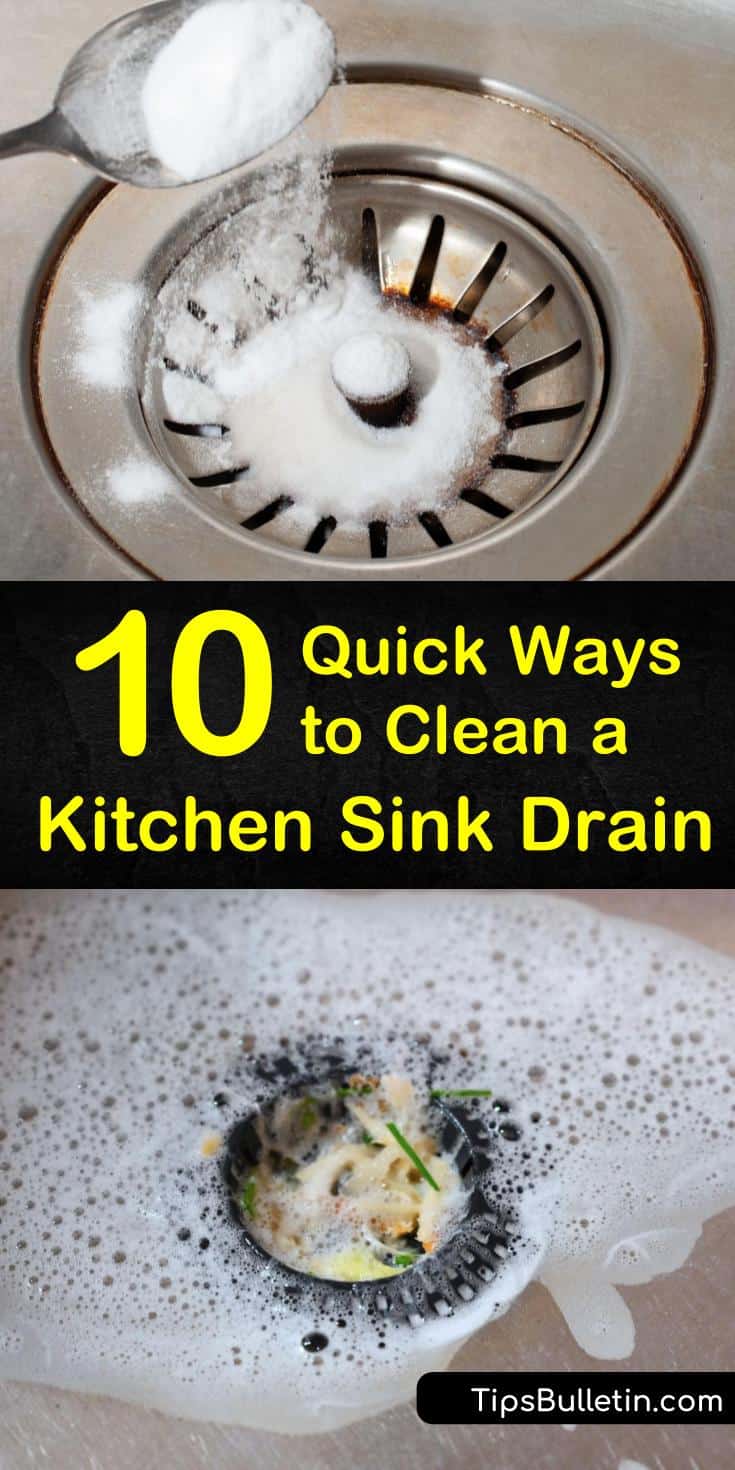


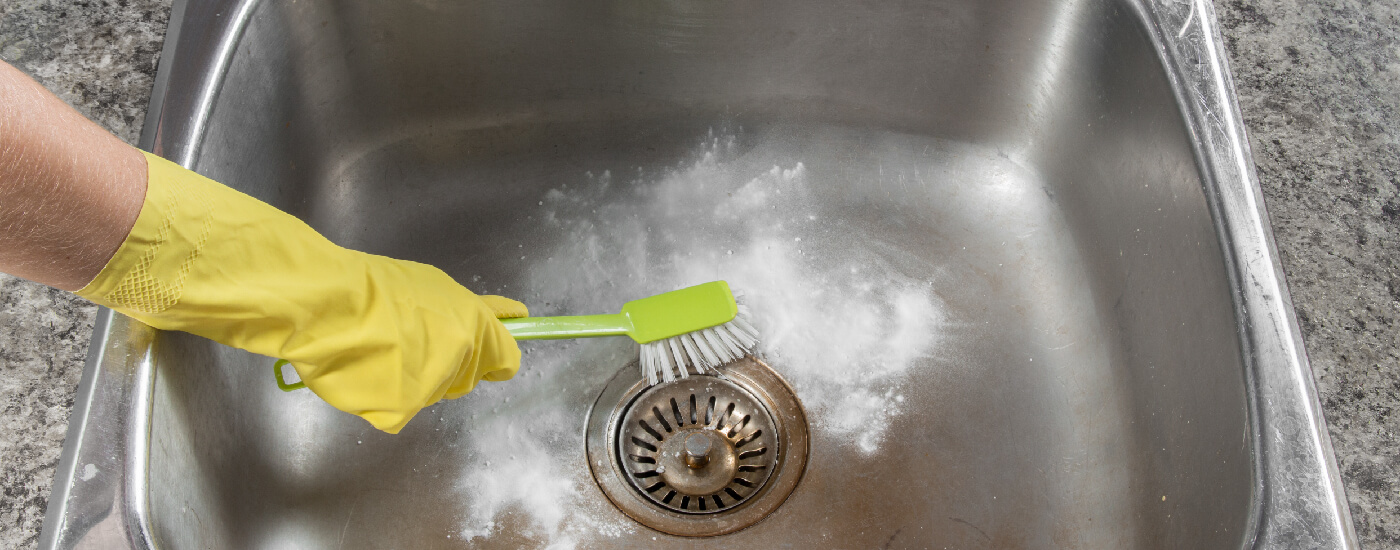



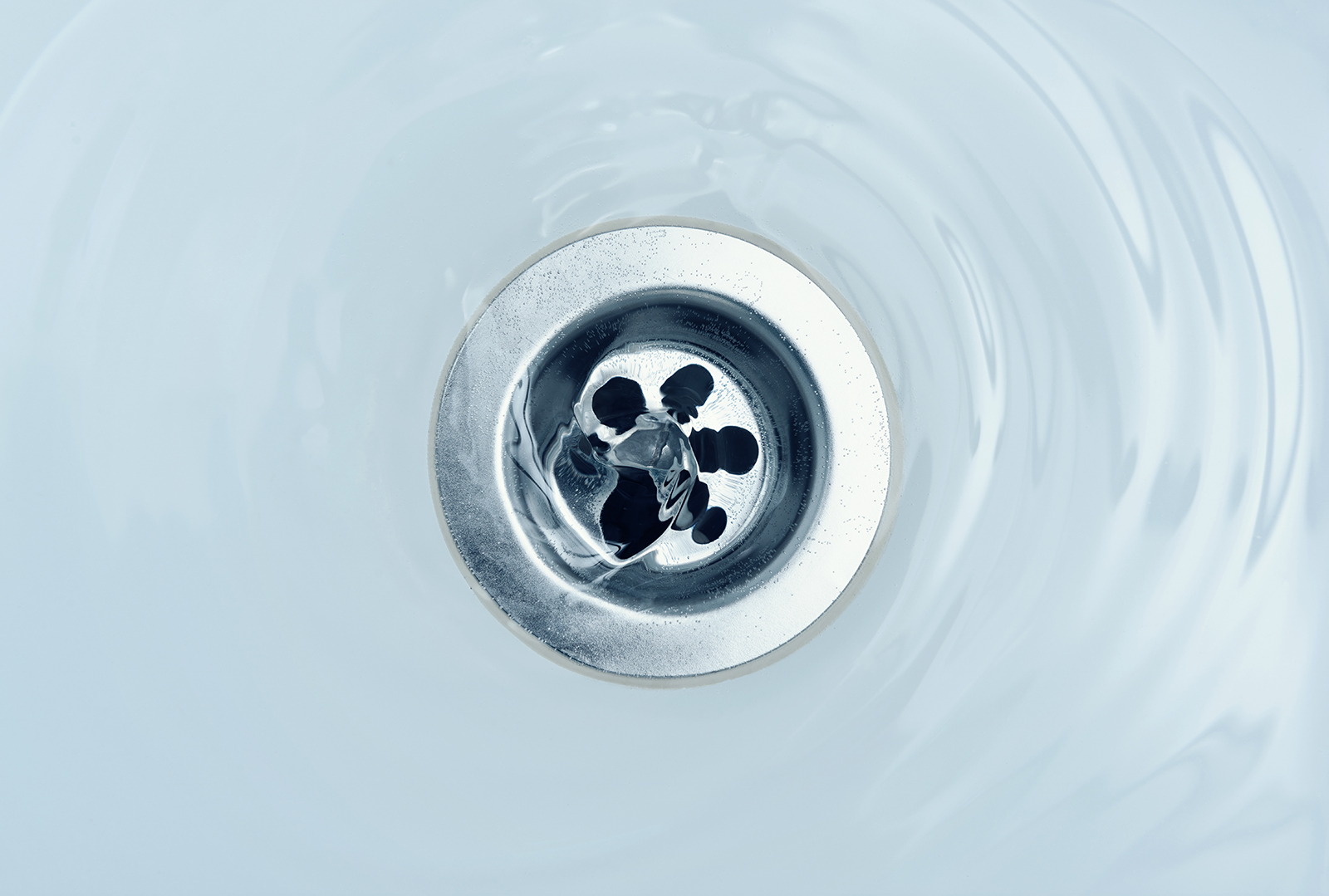




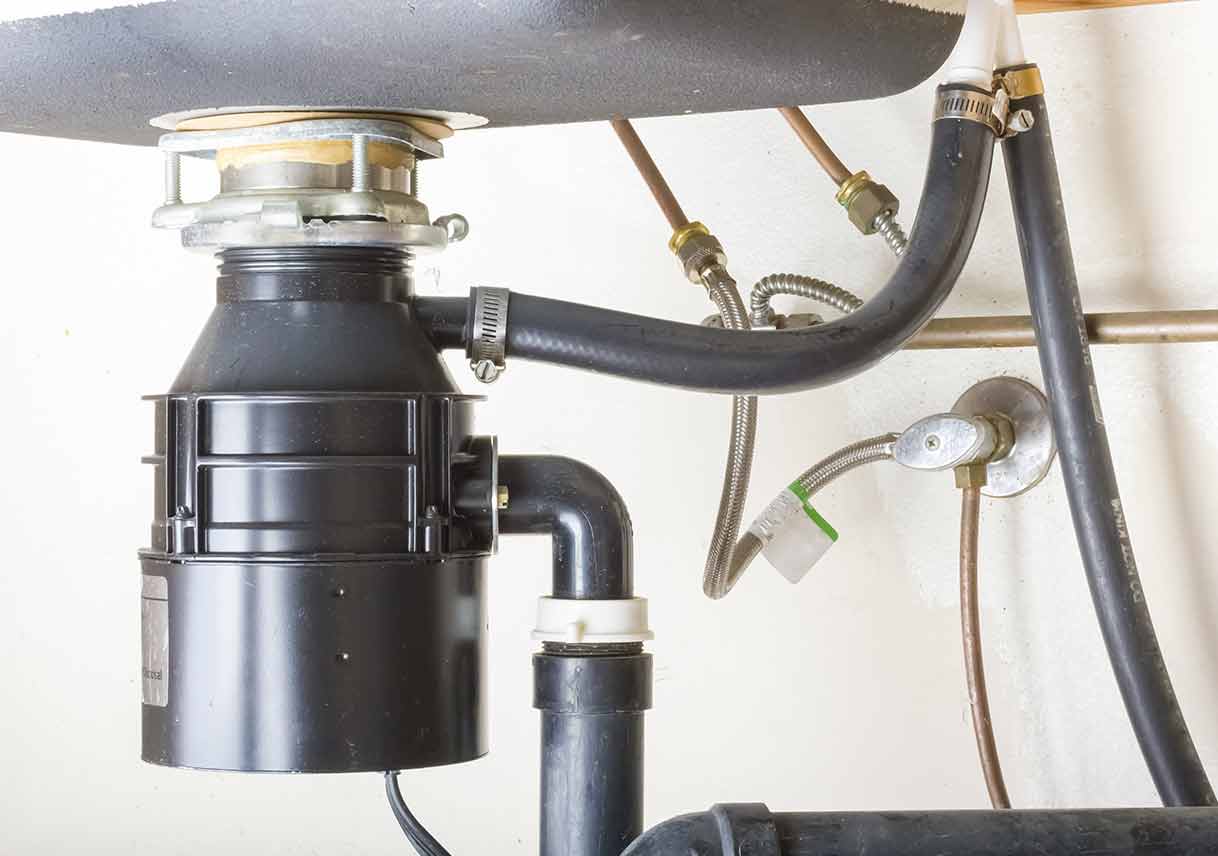
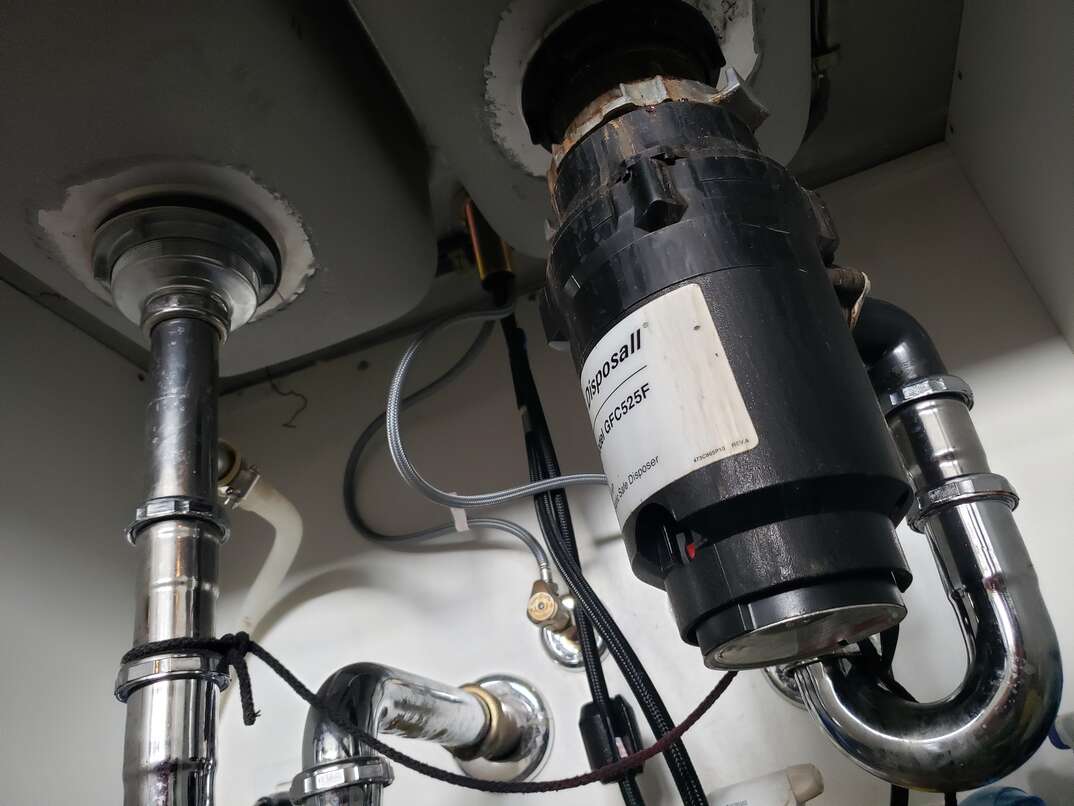
:max_bytes(150000):strip_icc()/garbage-disposal-buying-guide-2718864-hero-205069e72e6a4575b3131db47a6ace26.jpg)

